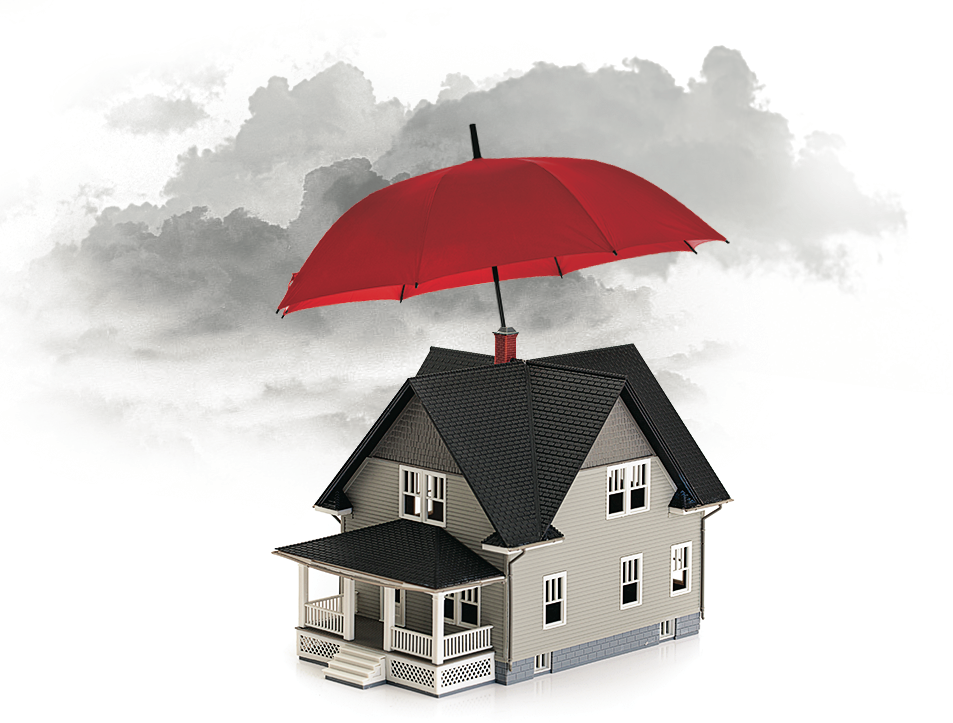Can you shelter your home from bankruptcy?
Trying to hide or shelter assets can result in criminal charges
Advertisement
Trying to hide or shelter assets can result in criminal charges

 Walter Melanson is the co-founder and lead analyst at PropertyGuys.com, Canada’s largest private sale franchise network. A background in finance, economics and technology, Walter’s true passion lies in building a more modern approach to buying and selling real estate.
Walter Melanson is the co-founder and lead analyst at PropertyGuys.com, Canada’s largest private sale franchise network. A background in finance, economics and technology, Walter’s true passion lies in building a more modern approach to buying and selling real estate.
 Romana King is the senior editor and real estate specialist at MoneySense. She is also a licensed real estate sales agent. Follow her on Twitter (@RKHomeowner) or on Facebook. If you have real estate concerns or questions, please email Romana directly at [email protected] or call her on her direct line at 416-764-1382.
Ask a Real Estate Expert: Ask our experts your property or real estate question »
Romana King is the senior editor and real estate specialist at MoneySense. She is also a licensed real estate sales agent. Follow her on Twitter (@RKHomeowner) or on Facebook. If you have real estate concerns or questions, please email Romana directly at [email protected] or call her on her direct line at 416-764-1382.
Ask a Real Estate Expert: Ask our experts your property or real estate question »
Share this article Share on Facebook Share on Twitter Share on Linkedin Share on Reddit Share on Email